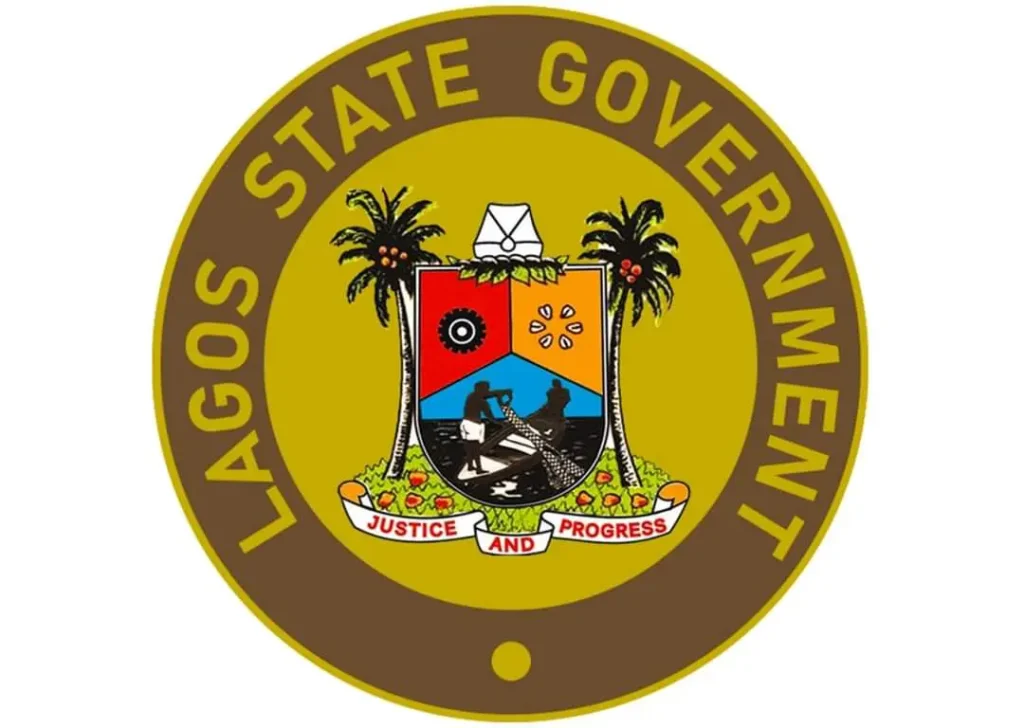A breakthrough in HIV prevention has emerged with the development of lenacapavir, an injectable drug requiring administration just twice a year. Presented at the International AIDS Society Conference in Kigali, the innovation offers renewed hope for regions like Sub-Saharan Africa, where HIV remains a critical public health challenge. Early trial data revealed no infections among participants receiving the drug in studies conducted in South Africa and Uganda, including among pregnant and breastfeeding women—a group historically underrepresented in clinical research.
The World Health Organization reports over 4,000 adolescent girls and young women contract HIV weekly, with Sub-Saharan Africa accounting for most new cases. Current prevention methods, such as daily oral pills, face adherence challenges due to stigma, healthcare access barriers, and gender inequalities. Lenacapavir’s six-month dosing interval could mitigate these issues by offering discreet, long-term protection. A parallel study, PURPOSE 2, demonstrated high efficacy among men who have sex with men, transgender women, and gender-diverse individuals, broadening its potential impact.
Experts emphasize the drug’s significance beyond convenience. Daily pill regimens are often misconstrued as HIV treatment rather than prevention, fueling discrimination. By contrast, biannual injections administered privately could reduce social risks while empowering users to manage their health discreetly.
However, accessibility concerns loom. While researchers estimate production costs as low as $40 annually, the U.S. list price may exceed $30,000 per year—a disparity underscoring tensions between pharmaceutical profitability and global health equity. Advocates warn that without coordinated efforts to lower costs and expand distribution, the drug’s transformative potential could remain unrealized in low-income countries bearing the highest HIV burdens.
Global health leaders urge collaboration among governments, manufacturers, and NGOs to prioritize affordable access. The stakes are particularly high in Africa, where HIV incidence rates demand scalable solutions. As trials progress, stakeholders stress that scientific progress must align with ethical distribution to prevent widening existing healthcare disparities. The path forward, they argue, will test whether innovation can transcend economic barriers to deliver lifesaving tools to those most in need.



